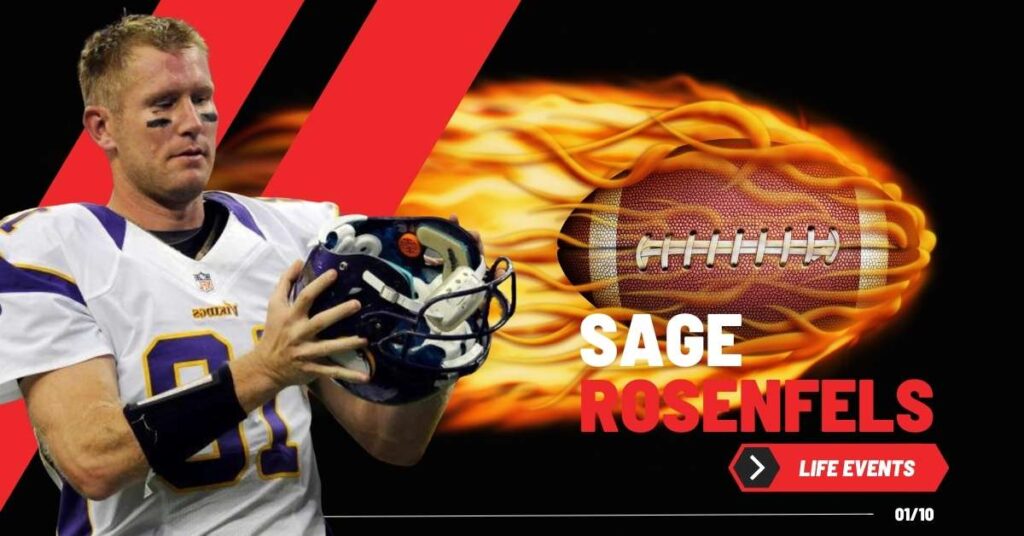There are many towering figures in the world of business and finance, but none have left a more lasting legacy than Mike Guggenheim or his family. Their stories are interwoven with values such as innovation, sustainability and transformative leadership. Explore the life, achievements and impact of Mike Dingman, and the Guggenheim Legacy.
Who Are the Guggenheim Family and Mike Dingman?
An Overview of their Contributions
The Guggenheims are one of the most well-known names in finance, art and philanthropy. The Guggenheim Museum, and their innovative financial practices have helped shape industries.
Mike Dingman, a business leader who transformed the world over decades, was also a transformational figure. Dingman was known for his commitment to operational excellence and strategic vision. He led major corporations, and made significant contributions to philanthropy.
Shared values and vision
The Guggenheims and Mike Dingman both shared a dedication to innovation, sustainability and giving back to their communities. These stories show how vision and leadership can have a lasting effect.
The Guggenheim Legacy
The Rise of the Guggenheim Name
Influence of the Guggenheims dates back to 19th century. Their wealth was derived from mining and manufacturing but their vision went beyond business. They were prominent patrons of art and played an important role in the development of culture worldwide.
Contributions in Art and Finance
The Guggenheims established the Guggenheim Museum as a symbol of modern art and their commitment to it. They diversified their investment portfolios, creating wealth to support both their business and philanthropic interests.
Mike Dingman: A Visionary Business Leader
Career and Early Life
Michael Dingman, born in 1931 was an independent man who believed that hard work and strategic planning were the keys to success. In his early career, he held positions in finance and manufacturing where he developed his leadership skills.
Leadership Transforming Industries
Dingman’s tenure at AlliedSignal, now Honeywell, marked a pivotal point in his professional life. The company became a leader in the industry under his leadership. His focus on strategic acquisitions, innovation, and operational efficiency became a modern business model.
Guggenheim Partners: A Financial Powerhouse
Guggenheim Partners: The Creation of Guggenheim Partners
Guggenheim Partners, founded in 1999 as a result of the family’s long history of financial innovations, was inspired by this. It is a global advisory and investment firm that manages over $300 billion of assets. The firm has a wide range of clients, including governments, corporations, and individuals.
Core values and strategies
Guggenheim Partners was founded on the principles of excellence and integrity. The firm focuses on long-term value creation, sustainable investment strategies and aligns with Mike Dingman’s philosophies.
Mike Dingman’s Leadership Philosophy
Innovation and Operational Excellence
Mike Dingman was a believer in the power and effectiveness of operational excellence. He reduced inefficiencies and streamlined processes to ensure that his businesses were ready for growth. His innovative strategies set standards for industries that he touched.
Focus on long-term value creation
Dingman put long-term goals ahead of short-term gains. This approach not just ensured sustainable successes, but also strengthened his reputation as a leadership who cared deeply for the legacy of his works.
Shared Impact: The Intersection of Dingman and Guggenheim
Philanthropy for Education and the Arts
Dingman, like the Guggenheims, was passionate about giving. The Guggenheims emphasized cultural enrichment via art while Dingman focused his philanthropic effort on education and humanitarian causes.
The Influence of Modern Finance
Mike Dingman’s leadership philosophy and Guggenheim Partners’ strategies have had a profound impact on how modern companies approach financial management. They set a high standard by focusing on innovation, sustainability and ethical practices.
Lessons from Their Legacies
Ethical Leadership in Business
The importance of ethical leadership is one of the biggest lessons that Dingman and Guggenheims have taught us. Their commitment to accountability and integrity shows that success is more than just profits. It’s about doing what is right.
Visionaries and the Future of Industry
Visionaries such as Dingman and Guggenheim remind us that transformational change is often the result of a bold concept. Their willingness to think differently and take risks has had a lasting effect on industries and communities.
The Future of Their Influence
Emerging trends in finance
Financial worlds are evolving quickly, and trends such as sustainable investing and fintech innovations are leading the way. Dingman and Guggenheim Partners’ philosophies are perfectly aligned with these new priorities.
Inspiring Next Generation
Mike Dingman’s legacy and that of the Guggenheims are a source for inspiration for future leaders. Their stories inspire the next generation to embrace innovation, embrace integrity and prioritize community impact.
Conclusion
Mike Dingman’s life and contributions, as well as those of the Guggenheim Family, highlight the importance of vision, generosity, and leadership. Their legacies, from transforming industries to enriching culture, remind us that it’s not only about what you achieve. It’s also about your impact. Their influence is felt worldwide, whether in the fields of finance, art or philanthropy.
FAQs:
What is Mike Dingman all about?
Mike Dingman, a businessman and philanthropist, was known for transforming AlliedSignal as well as for his contributions to education and humanitarian causes.
What is Guggenheim Partners?
Guggenheim Partners, a global investment advisory firm, manages assets on behalf of clients around the world. It emphasizes innovation and long-term values.
What is the connection between art and Guggenheims?
The Guggenheims founded the Guggenheim Museum, and they also supported modern art. Cultural enrichment is a cornerstone in their legacy.
What lessons about leadership can we learn by looking at Mike Dingman’s life?
Mike Dingman stressed the importance of operational excellence, creating long-term value, and ethical leadership as essential traits for success.
What are the similarities and differences between Dingman’s philosophy and Guggenheim?
Both companies share a commitment for innovation, sustainability and philanthropy. They show that success is more than financial gain. It’s about making an impact.



